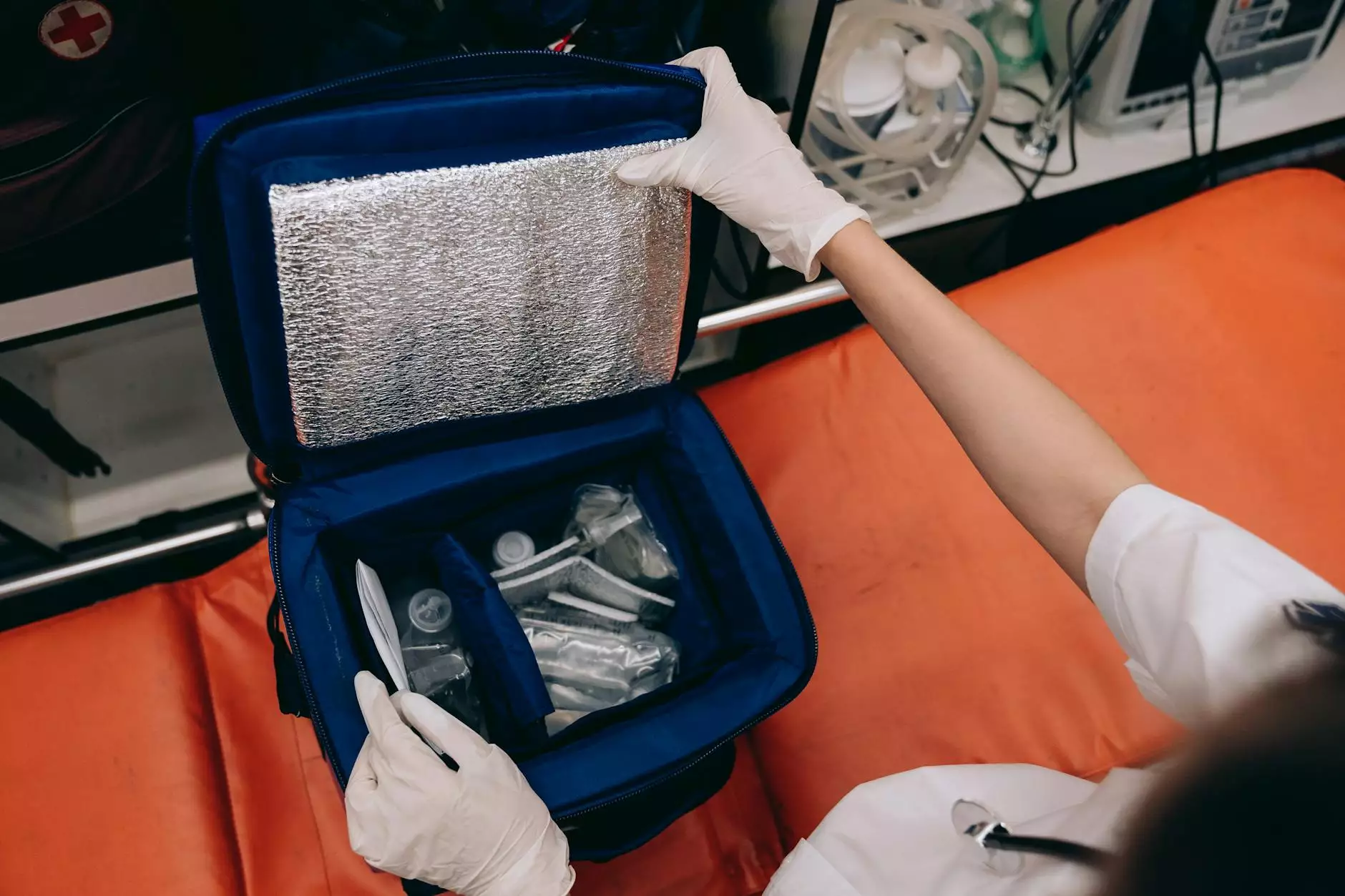Deep Vein Thrombosis: Understanding and Prevention

Introduction
Welcome to Vein Center of Arizona, your trusted destination for cutting-edge vascular medicine and expert doctors specializing in deep vein thrombosis (DVT). In this comprehensive article, we will delve into the world of DVT, exploring its causes, symptoms, prevention strategies, and various treatment options available.
What is Deep Vein Thrombosis (DVT)?
Deep Vein Thrombosis, commonly known as DVT, refers to the formation of a blood clot within the deeper veins of the body, primarily in the legs. These clots can obstruct the flow of blood, causing discomfort, swelling, and potentially serious complications if left untreated.
Causes and Risk Factors
DVT can occur due to various factors such as prolonged immobility, injury, surgery, hormonal changes (as in pregnancy or contraceptive use), genetic predisposition, and certain medical conditions like cancer or blood clotting disorders. Understanding the risk factors associated with DVT is crucial in prevention and prompt detection.
Recognizing the Symptoms
Identifying the early signs of DVT is vital for timely intervention and prevention of complications. Symptoms can include persistent leg pain, swelling, warmth, redness, or visible veins. However, it is important to note that sometimes DVT may present without any noticeable symptoms, making regular check-ups and risk assessments essential.
Preventing Deep Vein Thrombosis
Prevention is key when it comes to DVT. Here are some effective strategies to reduce the risk:
1. Stay Active and Exercise Regularly
Engaging in regular physical activity not only improves overall health but also helps maintain proper blood circulation, reducing the chances of clot formation. Simple exercises like walking, jogging, and stretching can make a significant difference.
2. Maintain a Healthy Weight
Obesity and excess weight can put additional pressure on the veins, increasing the risk of blood clots. By adopting a healthy lifestyle and managing your weight, you can lower the likelihood of developing DVT.
3. Avoid Prolonged Immobility
Extended periods of immobility, whether due to long-distance travel, sedentary work, or medical conditions, can promote blood clot formation. It is important to take regular breaks, stretch, and move around to keep blood flowing smoothly.
4. Wear Compression Stockings
Compression stockings are specially designed to provide graduated pressure to the legs, assisting blood flow and reducing the risk of DVT. These stockings are particularly beneficial for individuals with higher susceptibility to clotting.
5. Stay Hydrated
Maintaining proper hydration levels is critical for keeping blood viscosity within a healthy range. A well-hydrated body helps prevent blood from thickening, thus reducing the likelihood of clot formation.
Diagnosis and Treatment Options
If you suspect you may have DVT or exhibit symptoms, it is crucial to seek immediate medical attention. At Vein Center of Arizona, our esteemed doctors specializing in vascular medicine offer comprehensive diagnostic evaluations using state-of-the-art technology. The goal is to accurately diagnose DVT and provide personalized treatment plans based on individual needs.
Treatment options for DVT may include anticoagulant medications (blood thinners) to prevent the clot from growing, thrombolytic therapy to dissolve the clot, and in some cases, surgical interventions. Our skilled doctors will guide you through the available options, explaining the benefits and potential risks associated with each.
Expert Doctors and Vascular Medicine at Vein Center of Arizona
Vein Center of Arizona is dedicated to providing outstanding vascular medicine services to our patients. With a team of highly skilled doctors specialized in deep vein thrombosis, we offer cutting-edge treatments, personalized care, and a commitment to your well-being and long-term health.
Conclusion
Deep Vein Thrombosis (DVT) is a serious condition that requires prompt attention and appropriate treatment. By understanding the causes, recognizing the symptoms, and adopting preventive measures, individuals can significantly reduce the risk of DVT. At Vein Center of Arizona, we are here to support you with expert doctors, advanced vascular medicine, and a focus on providing the best possible care for deep vein thrombosis. Schedule a consultation with us today and take the first step towards your healthiest self.



